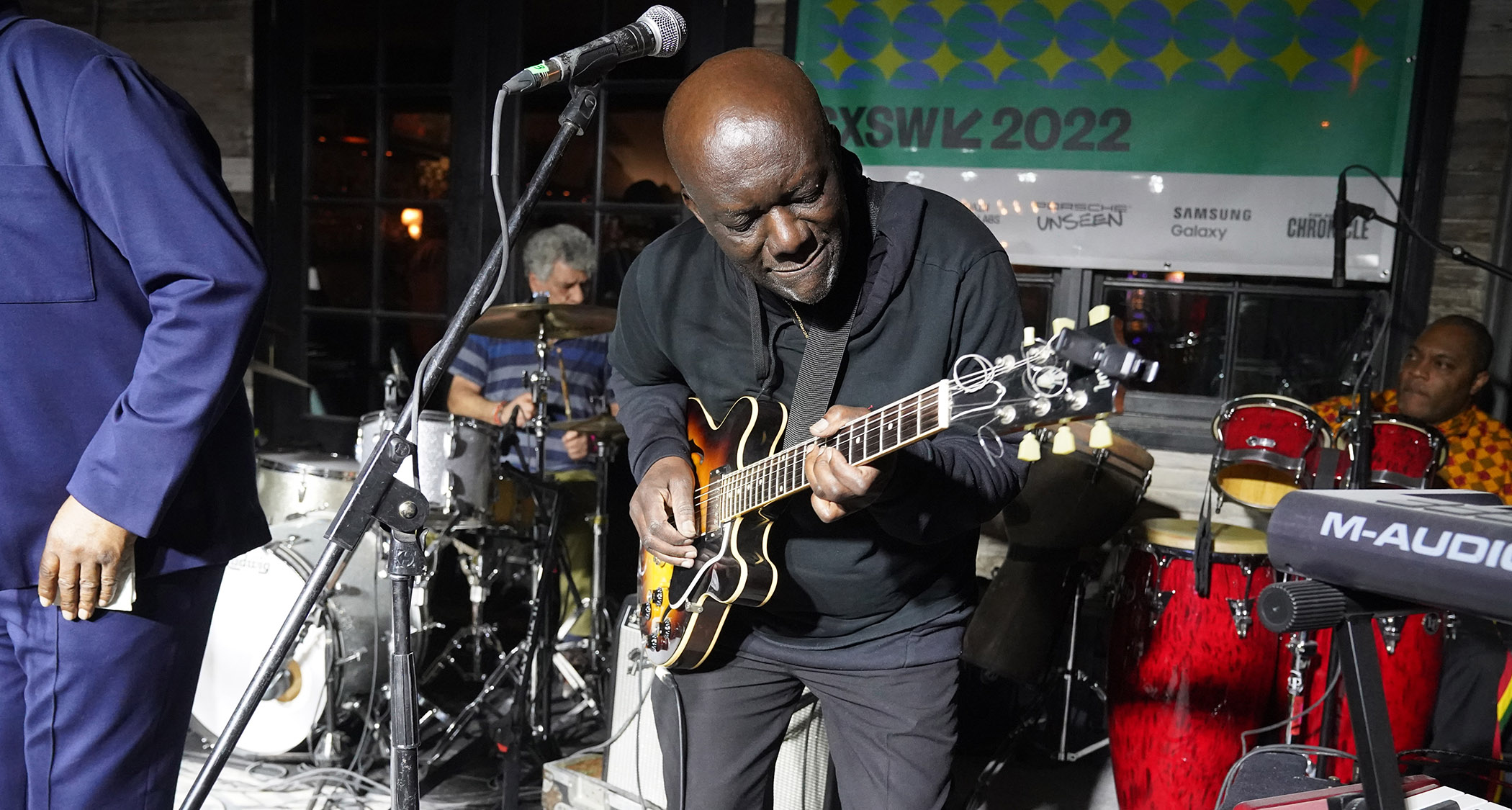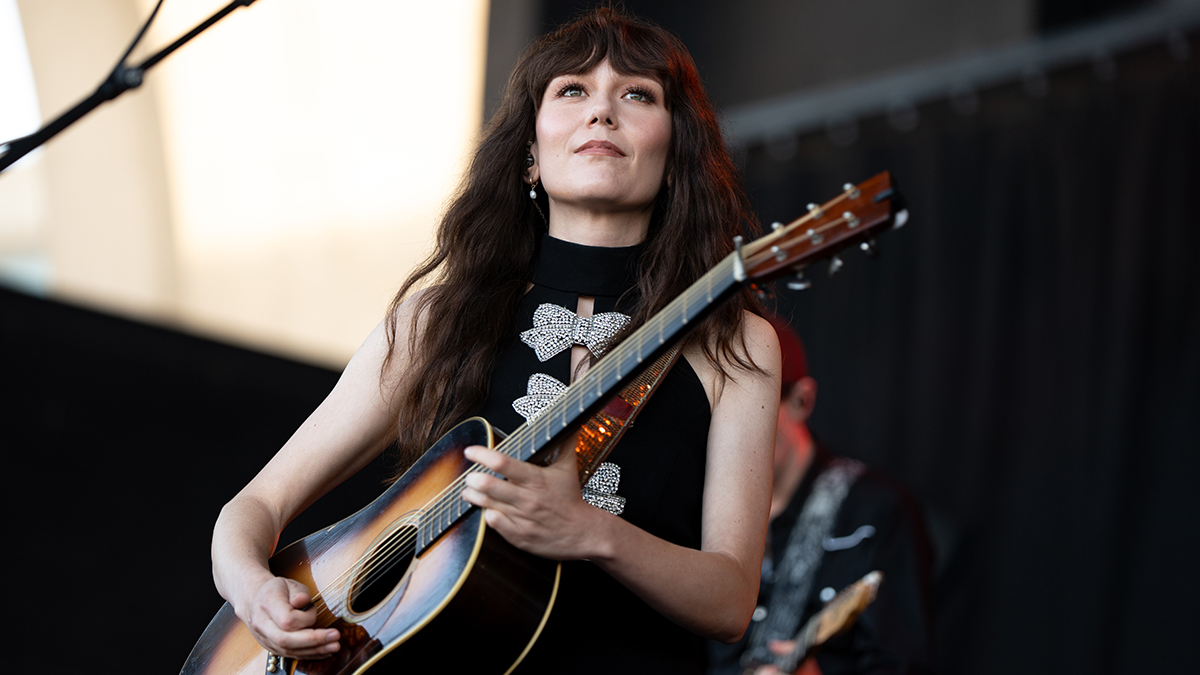“We set out to put our thoughts and musical ideas out there, hoping they’d be appreciated. That’s proved to be true”: Sampled by Grandmaster Flash, De La Soul and the Fugees, Cymande shaped the sound of hip-hop. Now they’re back to claim their legacy
Cymande’s influence on hip-hop culture is huge. But with new album Renascence, the spotlight returns to the funk institution, and Patrick Patterson is here to play

Through DJ Kool Herc, Grandmaster Flash, De La Soul and – most infamously – the Fugees, British funk-meets-psych outfit Cymande gained cult status in the ’80s and ’90s after dissolving into obscurity in the ’70s.
For those who know, Cymande (1972) and Second Time Around (1973) are cratedigger classics revolving around oodles of funky guitar rhythms. But none of that impacts how founding guitarist Patrick Patterson approaches Renascence, Cymande’s first record in 10 years.
“I felt like I needed to get away from how I used to play,” Patterson says. One wonders why, given the greatness of cuts like Dove, which the Fugees illegally sampled on 1996’s The Score. But Patterson has the answer: “Just to freshen up. I wanted to identify a new approach that’s not too involved.”
The approach might have changed, but when it comes to Cymande’s new songs, like Chasing an Empty Dream, Coltrane and How We Roll, the gear hasn’t.
“I tend to play Gibsons,” Patterson says. “I like my Gibson ES-339. It’s not as if we’ve been out of music completely for the last 50 years. I’ve maintained some consistency, which has been very productive.”
The perception for many, though, is that Cymande completely went away; it’s not entirely true.
Yes, Patterson and his partner in crime, bassist Steve Scipio, disbanded Cymande in the mid to late ’70s. Yes, Cymande probably only came to the forefront, if you could call it that, because of hip-hop.
All the latest guitar news, interviews, lessons, reviews, deals and more, direct to your inbox!
But outside of hip-hop and vintage vinyl-loving circles, Cymande was a myth – a legend, a coulda-shoulda-been that never was. But that’s changing again.
A 2022 documentary (rereleased in 2024), Getting It Back: The Story of Cymande, brought the group back to the masses, leading to more shows (including a U.S. tour in February) and the new record, which dropped at the end of January.
“We always felt the music had a life of its own,” Patterson says. “We felt it had value and could sustain itself. We set out as young musicians to play music and put our thoughts and musical ideas out there, hoping they’d be appreciated. That’s proved to be true.
“That speaks greatly to the legacy of Cymande, what we created, and what we’re hoping to create going forward.”
- Renascence is out now via BMG.
Andrew Daly is an iced-coffee-addicted, oddball Telecaster-playing, alfredo pasta-loving journalist from Long Island, NY, who, in addition to being a contributing writer for Guitar World, scribes for Bass Player, Guitar Player, Guitarist, and MusicRadar. Andrew has interviewed favorites like Ace Frehley, Johnny Marr, Vito Bratta, Bruce Kulick, Joe Perry, Brad Whitford, Tom Morello, Rich Robinson, and Paul Stanley, while his all-time favorite (rhythm player), Keith Richards, continues to elude him.
You must confirm your public display name before commenting
Please logout and then login again, you will then be prompted to enter your display name.



